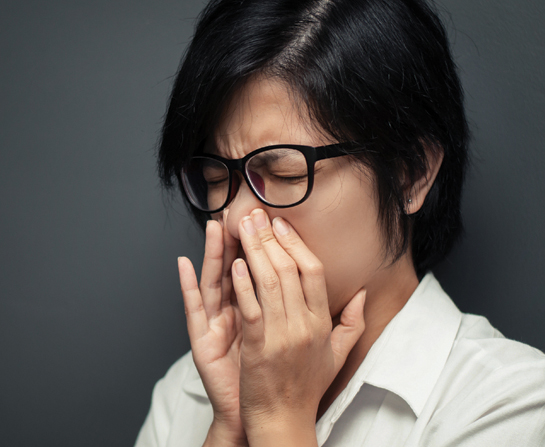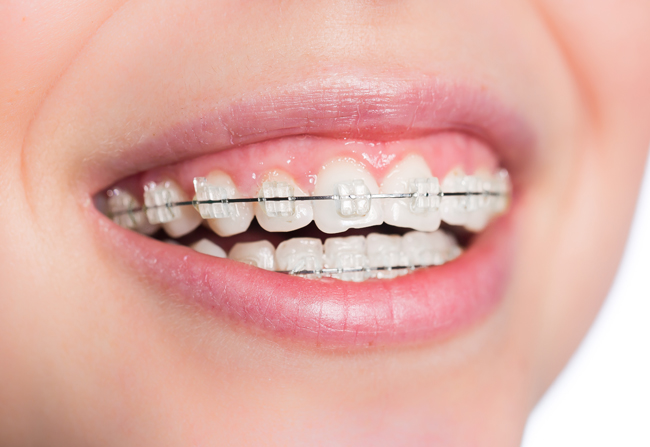Beauty sleep – it works!
May 1, 2022 Return

Words by Hannah May-Lee Wong

Beauty sleep is real. Investing your time in quality sleep is never in vain and can even pay off more than an expensive skin care routine. In a study conducted in Sweden that observed the facial features of women after normal sleep versus 31 hours of sleep deprivation, the sleep deprived individuals had more noticeable eyebags, drooping eyelids, redder eyes, darker under-eye circles, paler skin, more wrinkles and sagging corners around the mouth.
Your nightly snooze is the time when the body repairs, rejuvenates and recalls. Other than making you look refreshed, sleep plays a significant role in concreting memory, reconstructing damaged cells and has protective effects against cardiovascular disease. But those are stories for another day.
In conjunction with World Sleep Day happening on March 16, we look at how we can get the most out of our beauty sleep using these simple tweaks:
Get quality sleep
Adults require seven to nine hours of sleep, and experts say that getting only five hours leads to double the wrinkles you would have as compared to getting seven hours of sleep. This means that you need your full seven hours to be as restful and uninterrupted as possible.
- Normalize your sleep-wake cycle by going to bed and waking up at the same time each day.
- Use your bed only for sleep and intimacy. This way, your brain associates your bed only with sleeping, helping you fall asleep quicker once you are in it.
- Avoid caffeine at least six hours before bedtime.
- Make sure your room is dark, quiet and at a comfortable temperature.
- Drink enough water to keep you from waking up thirsty, but not too much that you will need to get up to use the bathroom.
- Keep active and exercise during the day, but avoid vigorous activity one hour before bedtime.
Reduce puffiness and wrinkles
Sleeping facing upwards prevents you from applying pressure on your face all night, which causes more wrinkles. Plus, the reduced facial contact with your pillow might prevent skin breakouts. Elevate your head with a fluffy pillow when you sleep to avoid fluid build-up and puffiness, especially around the eyes.
Watch the pillow
Sleeping on a silk or satin pillow (or soft materials) helps prevent wrinkles and damage to the hair. Change your pillow case often as accumulated oils and bacteria can cause skin breakouts. It also helps to flip your pillow once every few days.
Diffusers and aromatherapy
If you have a home diffuser, use with relaxing essential oils like lavender, cedarwood, ylang ylang or chamomile. Not only do these scents calm you and help you fall asleep, the moisture from the diffuser helps your hair and skin keep smooth and supple.
Skin care
When you sleep, blood circulation to your face is more regular and since your body is on rest mode, this is when your skin works on repairing itself. This means that your skin will reap the most benefit from your skincare routine when you sleep. It is the best time to moisturize and put on your spot treatments. For an extra boost, use a lightweight sleeping mask every once in a while.
Wash your face before you sleep
The worst thing you can do to your skin is leave makeup on overnight. To prevent clogged pores, make sure to remove make-up with a make-up remover and wash your face with your usual cleanser before going to bed.
Relaxation exercises
Deep breathing, journaling, yoga or taking a warm bath are activities that would relax you, be it in the mind, body or soul. When you are well relaxed before bed, you are more likely to get better sleep. The better you sleep, the more youthful and refreshed you will look the next morning.
Keep your mobile phones away from your bedside
Most people sleep with their smartphones within reach, but research shows that the communication signals emitted from your phone disrupts the sleep cycle. Subjects exposed to 884MHz GSM wireless signals experienced a decrease in amount of deep sleep. On top of that, the study indicates that the recovery process from daily wear and tear (which normally happens when you sleep) was adversely affected.
If you like this article, do subscribe here.






